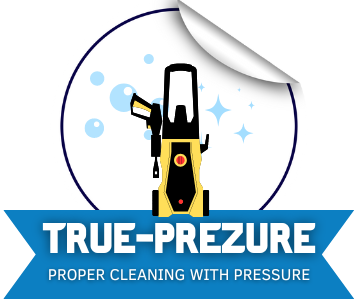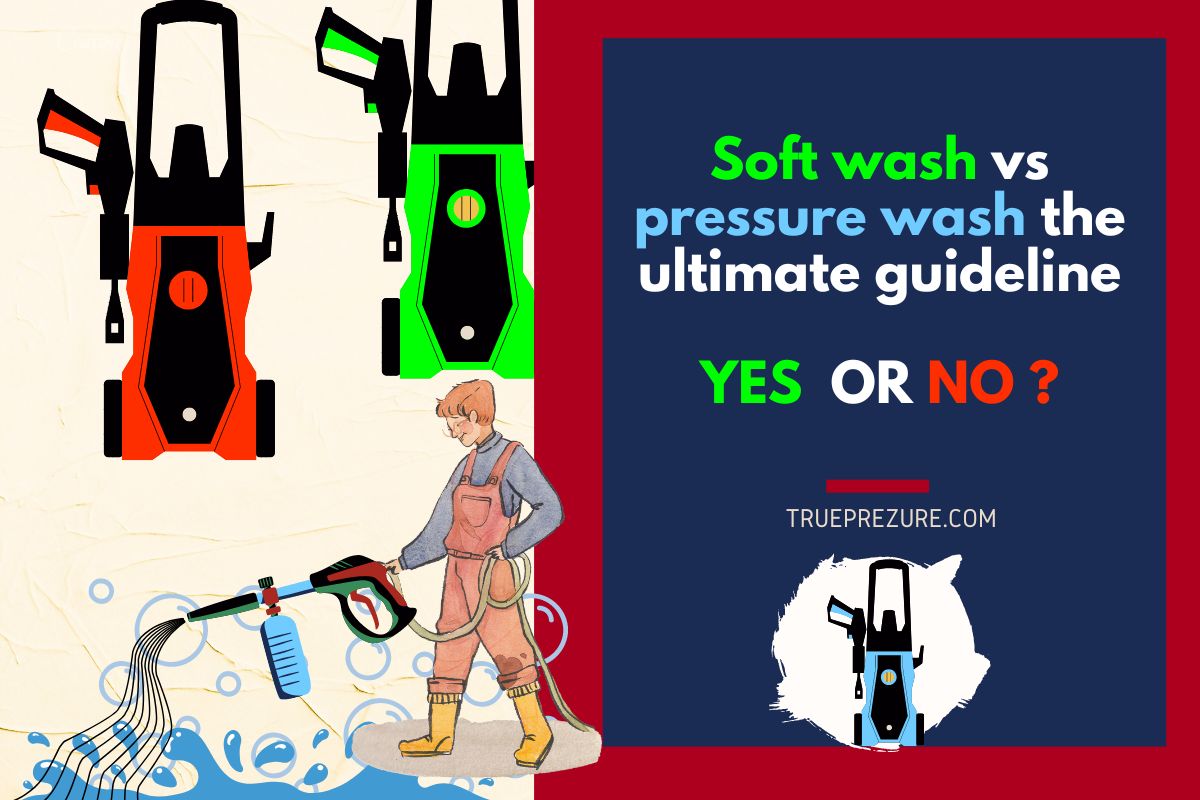Are you looking to clean the exterior of your home or business, but aren’t sure whether to use Soft wash vs pressure wash the ultimate guideline
Both methods have their advantages and disadvantages, so it’s important to know which one is best for your specific needs.
In this ultimate guideline from our expert, we’ll dive into the differences between soft wash vs pressure wash, explore their pros and cons, and help you determine when each method should be used.
So sit back and get ready to become a pro at choosing between these two powerful cleaning techniques for Soft wash vs pressure wash the ultimate guideline in 2023
Overview about Soft Wash Vs. Pressure Wash
When it comes to cleaning the exterior of your home or business, two popular methods are soft washing and pressure washing. While both techniques involve using water to clean surfaces, they differ in terms of water pressure and the cleaning solutions used.
Pressure washing uses high-pressure water to blast away dirt, grime, mold, and other contaminants from surfaces like driveways, patios, decks and siding. It’s a great option for tough stains that require more forceful action. However, it can also damage certain materials if not done properly.
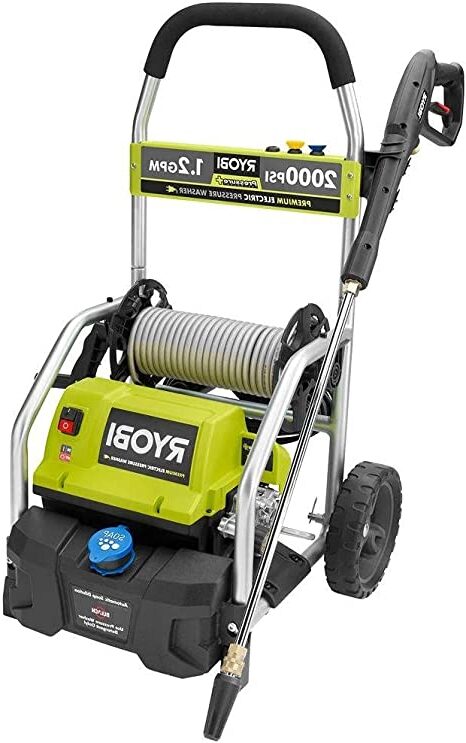
Soft washing involves using low-pressure water combined with eco-friendly detergents to gently remove dirt and grime from delicate surfaces such as roofs and painted exteriors without causing any damage. This technique is ideal for removing algae or mildew stains on shingles or roofs because these organisms cannot be simply removed by solely using high-pressure water.
Choosing between soft wash vs pressure wash depends on factors such as what you’re trying to clean, the type of surface involved as well as its age or condition. It’s best left up to professionals who have extensive experience in both methods so that they can choose which one works best based on your project requirements.
Pressure Wash
Pressure washing is a cleaning technique that utilizes high-pressure water spray to remove dirt, grime, stains, and other types of surface contaminants. The pressure washer pump pressurizes the water which is then sprayed through a nozzle at an incredibly high velocity. This powerful stream of water effectively blasts away stubborn dirt and debris from various surfaces such as concrete driveways, wooden decks, brick walls, and more.
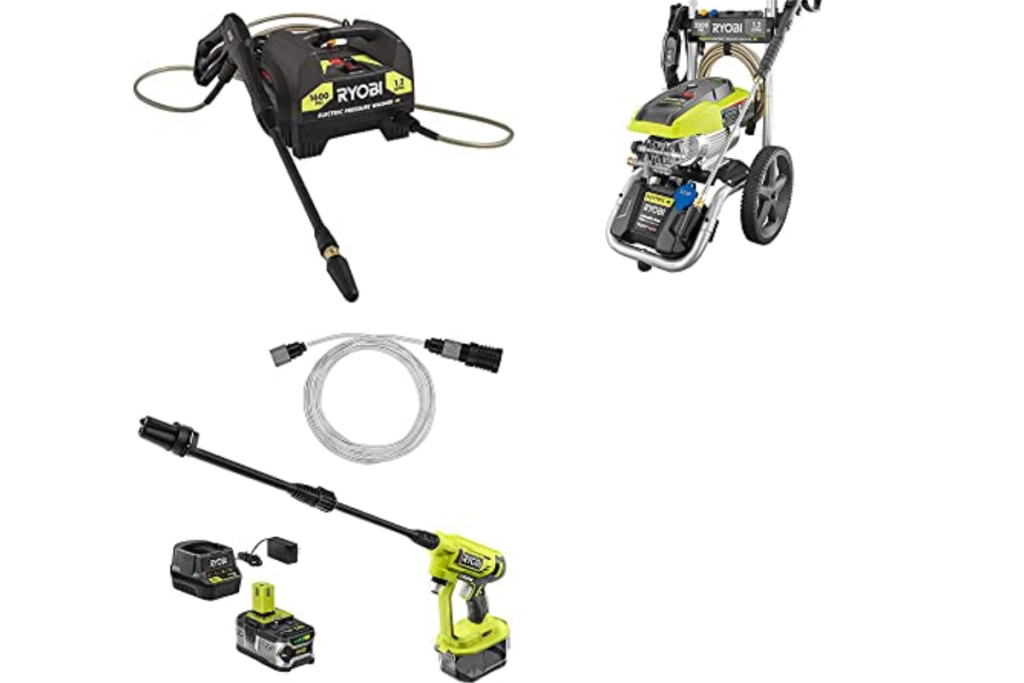
One of the benefits of using a pressure washer is its ability to quickly clean large areas in less time than traditional cleaning methods. It’s also effective in removing tough stains like grease or oil spills on garage floors or outdoor cooking areas.
However, it’s important to note that pressure washing can damage delicate surfaces if not used correctly. High-pressure water streams can strip paint off surfaces or even cause splintering on wood if applied too closely or forcefully.
Pressure washing is an efficient way to clean exterior surfaces but must be done with caution and expertise to avoid causing any unintended damages.
Soft Wash
Soft washing is a cleaning method that’s gentle on surfaces but still effective in removing grime, dirt, and other contaminants. The idea behind soft washing is to use low-pressure water combined with specialized cleaning solutions to break down and remove the buildup without causing any damage to the surface being cleaned.
One of the advantages of using soft washing over pressure washing is its versatility. Soft washing can be used on virtually any surface, including roofs, walls, decks, and patios. It’s also an excellent choice for delicate materials like stucco or painted finishes.
Another benefit of soft washing is that it requires less water than pressure washing. Because it uses lower pressure levels, less water is needed to achieve a thorough clean. This makes soft washing more environmentally friendly since it reduces water waste.
If you’re looking for a safer way to clean your property or outdoor space without damaging any surfaces or harming plants and animals around them then consider using soft wash instead of high-pressure power washers as this technique has numerous benefits!
Pros And Cons Of Pressure Washing
Pressure washing is a powerful and effective way to clean dirt, grime, and stains from surfaces. However, it also has its own set of pros and cons.
One major advantage of pressure washing is that it can quickly blast away stubborn dirt or debris on hard surfaces. It’s perfect for cleaning concrete driveways, patios, sidewalks, and decks. Plus, you don’t need any chemicals or detergents to get the job done.
On the other hand, pressure washing can be too abrasive for certain materials like wood or delicate surfaces like windows. High-pressure water jets can strip off paint or damage fragile items if not used properly. Additionally, if you’re not experienced with using this tool correctly could lead to injuries such as cuts or bruises.
Moreoverly there are some environmental concerns when it comes to pressure washing because the high-pressure water spray can dislodge pollutants into the air where they may become harmful airborne particles.
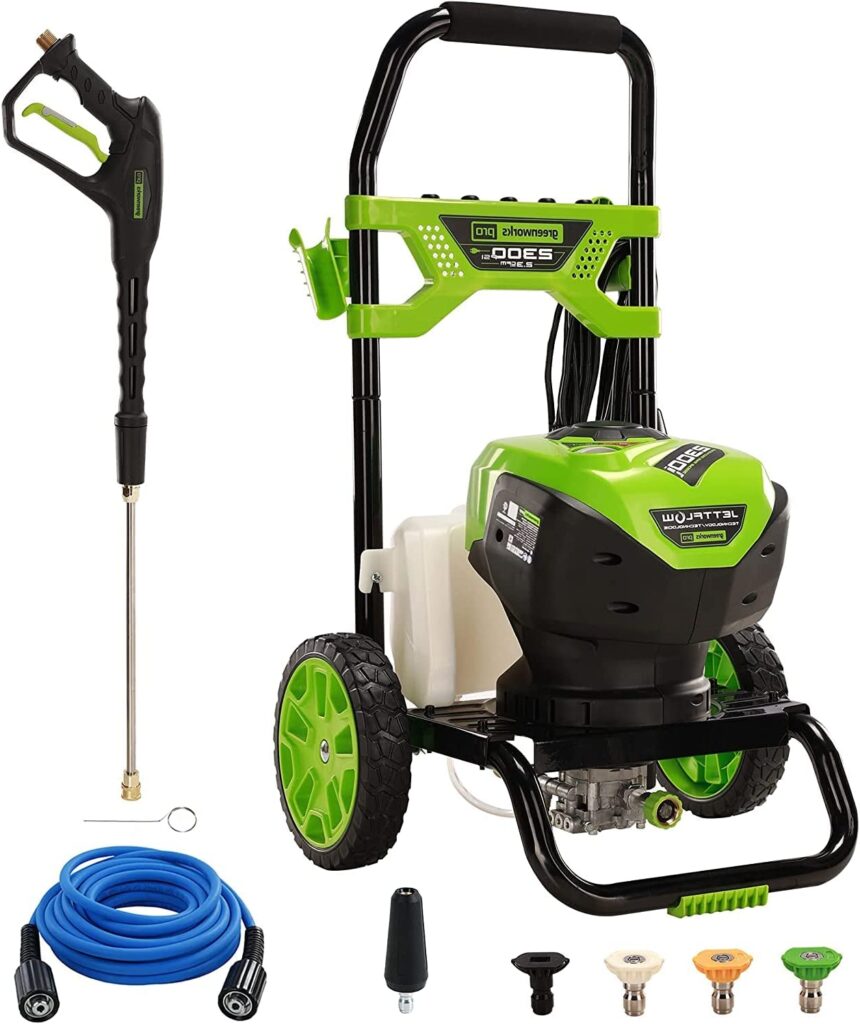
While there are many benefits associated with pressure washers but they must be handled carefully by qualified professionals who know how to use them effectively without causing harm to themselves,others around them and the environment as well .
Pros And Cons Of Soft Washing
Soft washing is a popular cleaning method that utilizes low-pressure water and specialized chemicals to remove grime, dirt, and other stains from surfaces. Soft washing offers several benefits over traditional pressure washing, but it isn’t perfect either. Here are some of the pros and cons of soft washing.
Firstly, one of the most significant advantages of soft washing is its gentleness on delicate surfaces such as roofs or siding. Unlike high-pressure power washers that can damage certain materials by stripping away protective coatings or blasting off paint layers, soft wash systems use gentle streams to clean without causing harm.
Secondly, another benefit of soft washing is that it’s more thorough than traditional pressure-washing methods when removing algae growths on roofs or exteriors. The chemical solutions used in soft wash treatments penetrate deeper into porous surfaces compared to conventional high-pressure sprays.
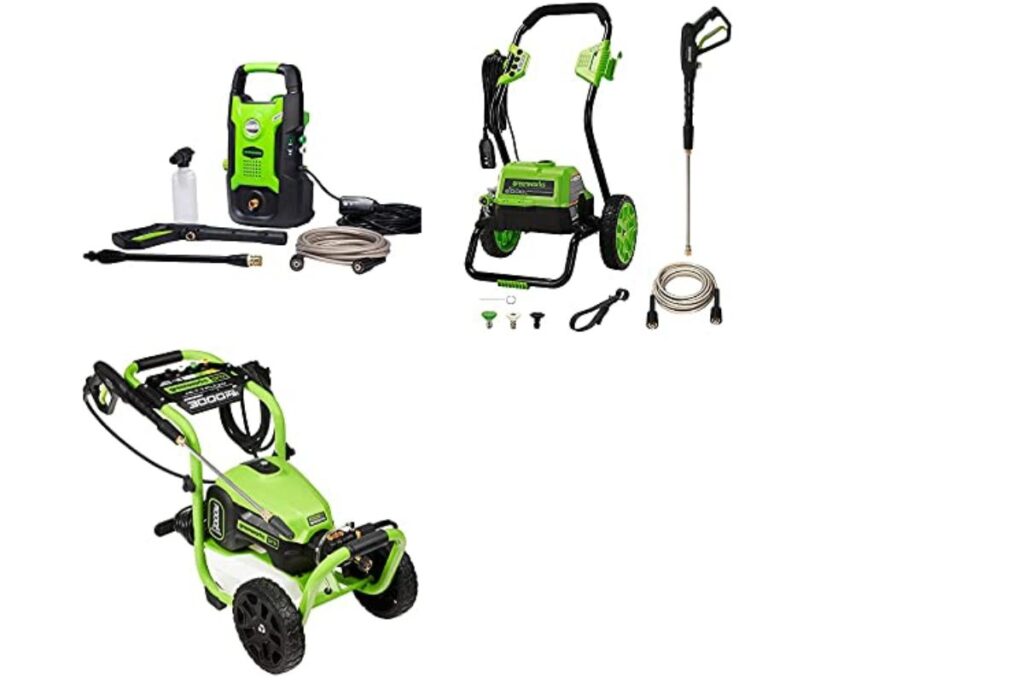
However, there are also some disadvantages associated with using a soft wash system. One potential downside is that this process may not be effective at cleaning excessively dirty surfaces since they require higher levels of pressure to loosen stubborn dirt particles effectively.
Furthermore, because specialty chemicals are needed for the process to work correctly – which could potentially increase costs depending upon how much solution your home requires- additional expenses may be incurred when opting for a professional service provider instead of doing it yourself.
Before deciding which method you should use for cleaning your property exterior – whether it be via traditional pressure washer or softer alternative like using chemical solutions applied through low-pressure nozzle settings – take time researching each approach thoroughly so you can make an informed decision based on what works best given your unique needs and circumstances!
Pressure Washing vs. Soft Washing
Pressure washing and soft washing are two types of cleaning methods that are commonly used for outdoor surfaces such as sidewalks, driveways, decks, and roofs. While both techniques involve using water to clean surfaces, there are significant differences between the two.
Pressure washing uses high-pressure water streams to blast away dirt and grime from hard surfaces. This method is ideal for removing stubborn stains like oil or grease from concrete or brick structures. However, pressure washing can damage delicate materials like wood siding or roofing shingles if not done correctly.
On the other hand, soft washing utilizes low-pressure streams of water mixed with specialized cleaning solutions to gently remove dirt and stains from various exterior surfaces without causing any harm. Soft wash techniques use less water than pressure washers which makes them eco-friendly.
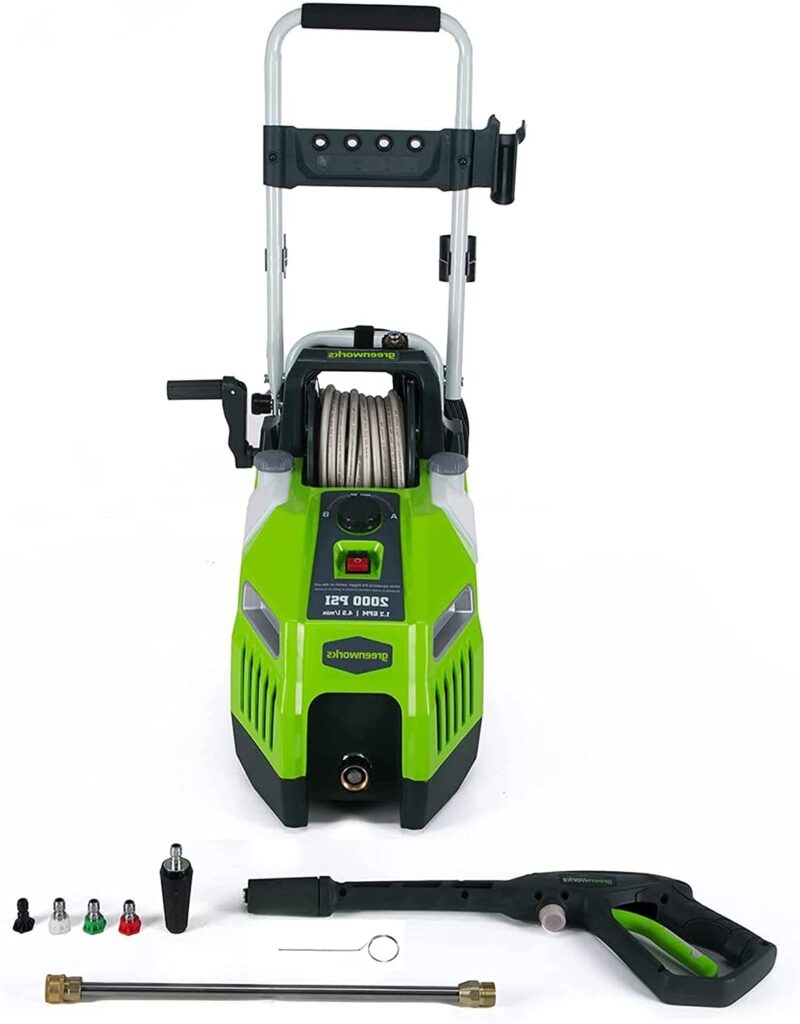
The choice between pressure washing vs. soft-washing will depend on various factors such as the type of surface you need to clean and how dirty it is. For example, a heavily stained driveway may require pressure washing while a delicate wooden deck would benefit more from soft-washing techniques.
It’s important to note that both methods should be performed by trained professionals who understand how much pressure they can apply safely without damaging your property.
When Should You Use Soft Washing vs. Pressure Washing?
When it comes to cleaning the exterior of your home, there are certain situations where soft washing is more appropriate than pressure washing and vice versa. Understanding these differences can help you determine which method is best suited for your needs.
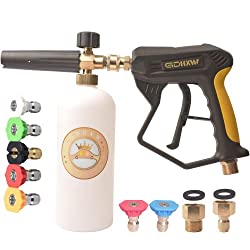
Soft washing uses low-pressure water combined with specialized solutions to gently remove dirt, grime, algae, and other buildup from surfaces without causing damage. This makes it ideal for delicate surfaces such as stucco or painted wood that may be easily damaged by high-pressure water.
On the other hand, pressure washing uses high-pressure water to blast away stubborn stains and debris from tougher surfaces like concrete driveways or brick walls. It’s also a great option if you need to remove layers of old paint or prepare a surface for repainting.
So when should you use soft washing vs. pressure washing? If you’re dealing with delicate surfaces or just need general maintenance cleaning on your home’s exterior, soft washing is likely the better choice. However, if you have tough stains that won’t budge or need heavy-duty cleaning on durable materials like concrete or metal siding, then pressure washing may be necessary.
Ultimately, understanding the differences between these two methods can help ensure your home gets the proper care it needs while avoiding any unnecessary damage in the process.
Conclusion
Both soft washing and pressure washing have their rightful place in outdoor cleaning. Soft washing is ideal for surfaces that can be damaged by high-pressure water, such as roofs or delicate siding. Pressure washing, on the other hand, is perfect for tougher surfaces like concrete patios or driveways.
Before deciding which method to use, it’s important to assess the surface you want to clean and determine its specific needs. If you’re unsure which method will work best for your situation, it’s always best to consult with a professional who specializes in outdoor cleaning.
FAQ:
What PSI is considered soft wash?
The answer to what PSI is considered soft wash depends on several factors, such as the type of surface you’re cleaning and the level of grime or dirt buildup. Generally, a pressure between 100-500 PSI is considered safe for soft washing residential properties.
However, it’s important to note that certain surfaces may require different levels of pressure. For example, a brick wall can handle higher pressures than a wooden deck. So before you start your soft washing project, make sure to research the appropriate PSI levels for your specific surface.
Using too high pressure can cause damage and even create water intrusion into your home’s walls. That’s why it’s crucial to always use low-pressure nozzles specifically designed for soft washing.
In summary, determining the right PSI for soft washing requires careful consideration based on each individual situation. Always take time to research and consult with professionals if unsure about which level of pressure is appropriate for your property’s surfaces.
Can pressure washer be used for soft wash?
Pressure washers are commonly used to clean various surfaces, including roofs, driveways and walls. However, when it comes to washing delicate surfaces like painted walls or roof shingles, pressure washing is not an ideal option. This is where soft washing comes in.
Soft washing involves using a low-pressure nozzle that sprays the cleaning solution on the surface being cleaned instead of high-pressure water which can cause damage. But can a pressure washer be used for soft washing? The answer is yes!
A pressure washer with adjustable PSI settings can be used for soft washing by adjusting the pressure to a level below 1000 PSI and changing out the spray tip to one with wider coverage. It’s important to note that only certain types of cleaning solutions should be used in conjunction with this method.
What do professionals use to soft wash a house?
Professionals use a variety of tools and chemicals to soft wash a house. Soft washing is the process of using low pressure to apply cleaning solutions that break down and remove dirt, grime, mold, mildew, algae, and other pollutants from surfaces without causing any damage.
One tool professionals commonly use for soft washing is a dedicated soft wash system. This system typically includes a pump that produces low-pressure water flow, chemical injectors that mix the cleaning solution with water at appropriate ratios, hoses and nozzles designed specifically for soft washing.
The cleaning solution used by professionals varies based on the type of surface being cleaned. For example, some cleaners may contain bleach or sodium hypochlorite while others are made from eco-friendly ingredients such as hydrogen peroxide or citric acid.
When it comes to applying the cleaning solution during soft washing; professionals may use manual spray guns or automated systems like electric sprayers which allows them to cover large areas quickly without sacrificing accuracy.
Professional-grade tools and specialized chemicals make all the difference when it comes to achieving an effective yet safe soft wash for your home’s exterior surfaces.Check out Ryobi Vs Greenworks Pressure Washer winner in 2023
